Reducing Greenhouse Gas Emissions
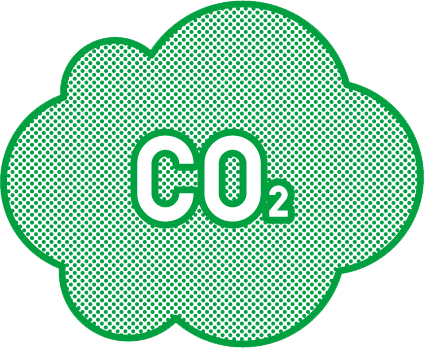
To mitigate our impact on climate change and biodiversity, Fast Retailing acknowledges the greenhouse gas (GHG) emission long-range targets set under the United Nations Framework Convention on Climate Change (the Paris Agreement) to reduce GHG emissions by 2050. We are working to identify and reduce GHG emissions across all our business activities, from product manufacturing to product disposal, to help achieve these goals.
Key Initiatives and Progress
Fast Retailing operations (stores and main offices)
Reduce GHG emissions
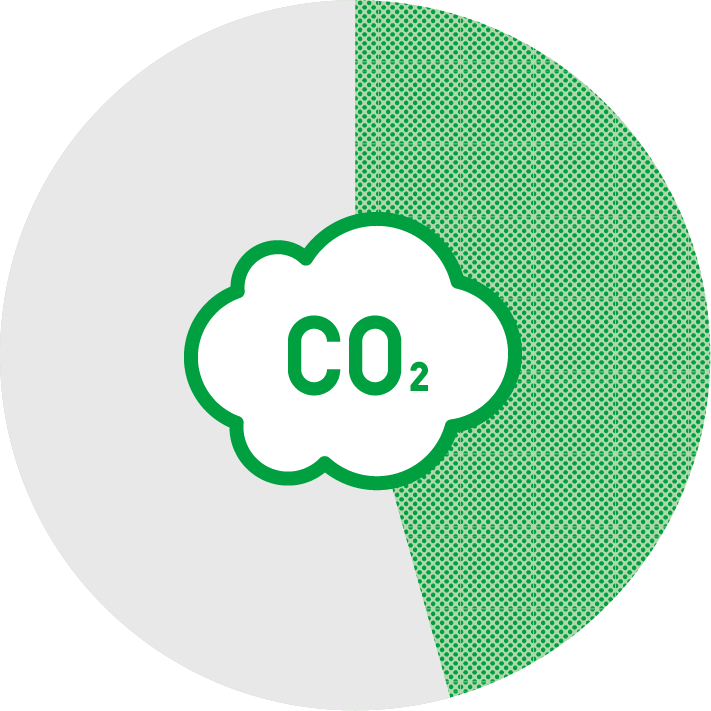
Target
FY2030 (vs. FY2019 base year)
90% reduction
Progress
FY2022
45.7%
Reduce GHG emissions
Target
FY2030 (vs. FY2019 base year)
90% reduction

Progress
FY2022
45.7%
Reducing GHG emissions through more efficiency energy usage
We strive to reduce GHG emissions by promoting energy-saving measures at our stores and reducing electricity consumption. Our initial aim was to reduce GHG emissions by 10% per unit of floor area at UNIQLO stores throughout Japan by the end of fiscal 2020, compared to fiscal 2013 emissions, but, by that date, we had already reduced GHG emissions by approximately 38.7%, by introducing LED lighting and through other initiatives. As of the end of August 2021, LED lighting had been installed in 782 of our 810 UNIQLO stores (96.5%) and 397 of our 408 GU stores (97.3%) in Japan. We are also actively installing LED lighting systems at UNIQLO stores globally. Right now, we are seeking to achieve our fiscal 2030 emissions reduction target and further promote energy efficiency by installing air conditioning operation control systems that optimize use and automatically adjust to a preset temperature. In April 2023, UNIQLO opened the UNIQLO Maebashi Minami IC Store with energy-saving features. The store is expected to use roughly 40% less electricity than conventional UNIQLO roadside stores* and to be able to source roughly 15% of its power needs from energy generated by its own solar panels.
*Compared with equivalent-sized UNIQLO Tomioka Store (opened in October 2018) located in the same prefecture of Japan.
Renewable electricity use
Target
FY2030
100%

Progress
FY2022
42.4%
Achieved substantively 100% renewable electricity use at UNIQLO in Europe (excluding certain countries), North America, and Vietnam
Introducing energy-saving initiatives at our stores, accelerating switchover to renewable electricity
Some countries and regions in Southeast Asia are also making steady progress toward achieving the 100% renewable electricity target by speeding up the switch to renewable sources and pursuing other projects.
Renewable electricity use
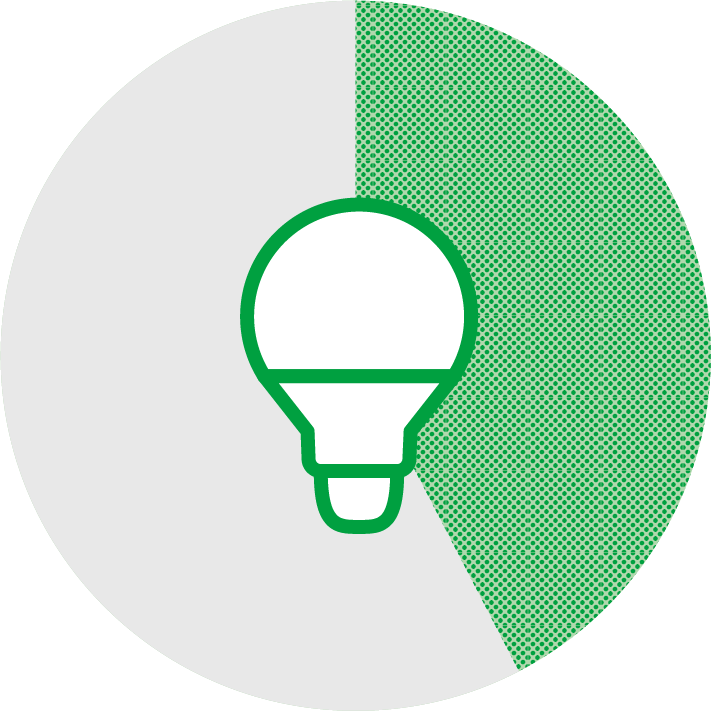
Target
FY2030
100%
Progress
FY2022
42.4%
Achieved substantively 100% renewable electricity
use at UNIQLO in Europe
(excluding certain countries),
North America, and Vietnam
Introducing energy-saving initiatives at our stores, accelerating switchover to renewable electricity
Some countries and regions in Southeast Asia are also making steady progress toward achieving the 100% renewable electricity target by speeding up the switch to renewable sources and pursuing other projects.
Supply chain initiatives
Reduce GHG emissions
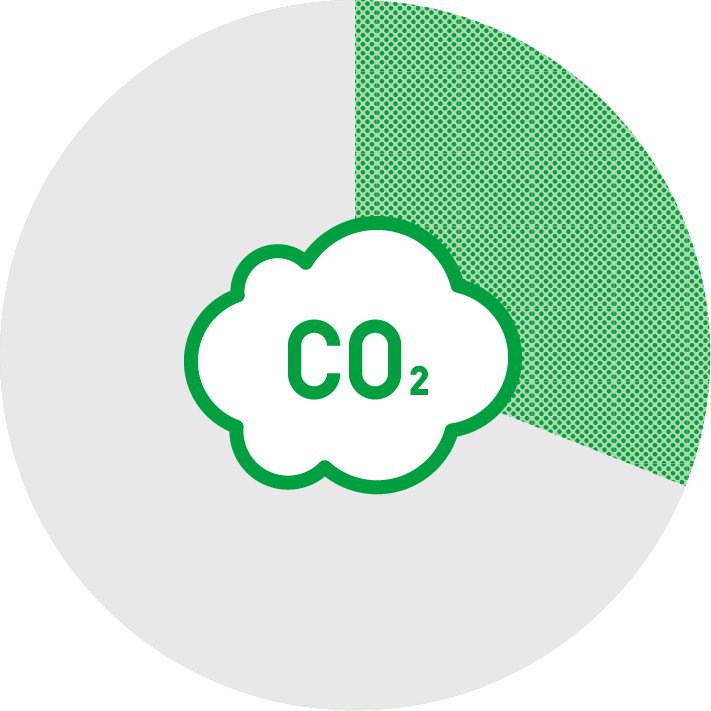
Target
FY2030 (vs. FY2019 base year)
20% reduction
Progress
FY2022
6.2%
Reduce GHG emissions
Target
FY2030 (vs. FY2019 base year)
20% reduction

Progress
FY2022
6.2%
Promote GHG emission reduction plan through strong relationships with production partners
For many years, Fast Retailing has sought to grow alongside its production partners by exploring and solving any challenges that those factories faced together. These strong partnerships are now enabling us to steadily reduce GHG emissions in our supply chain. We have formulated a GHG emission reduction plan together with partner factories accounting for roughly 90% of UNIQLO and GU manufacturing. We are promoting the plan, which incorporates the introduction of energy-efficiency measures, decarbonization, and renewable energy initiatives, through regular dialogue with core production partners.
Product-related initiatives
Ratio of recycled materials used
Target
FY2030
Approx. 50%

Progress
FY2023
8.5%
Achieved 30% recycled polyester usage
R&D to reduce GHG emissions in the sourcing of raw materials
To reduce GHG emissions in the sourcing of raw materials, we aim to increase the proportion of recycled materials and materials with low greenhouse gas emissions to approximately 50% by fiscal 2030.
Approximately 30% of polyester used in all our 2023 planned products was recycled polyester. It is easier to switch to recycled chemical fibers because recycling technology is comparatively advanced in that area, so we are currently focusing efforts on polyester. Together with our business partners, we are also researching and developing substitute materials for cotton, wool, and other natural materials that can offer the same level of quality and comfort as our existing products.
Ratio of recycled materials used
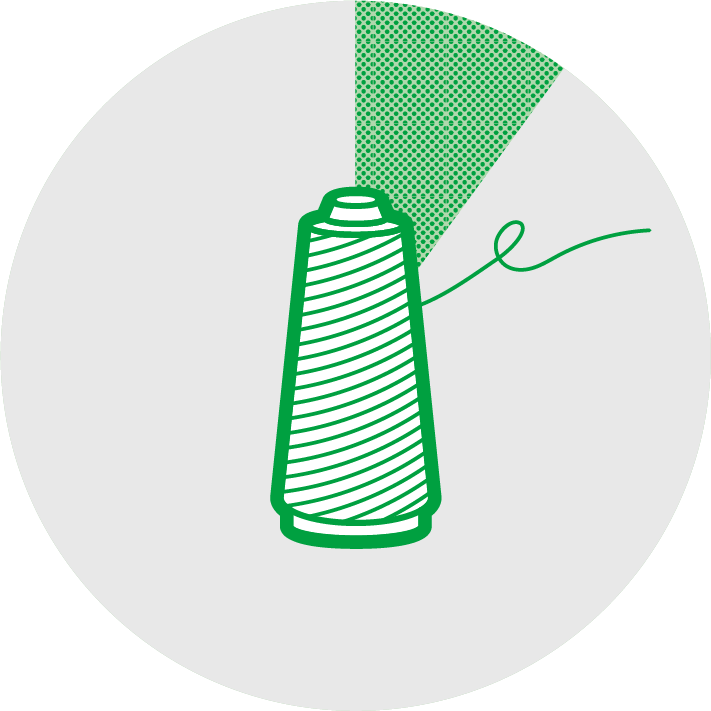
Target
FY2030
Approx. 50%
Progress
FY2023
8.5%
Achieved 30% recycled polyester usage
R&D to reduce GHG emissions in the sourcing of raw materials
To reduce GHG emissions in the sourcing of raw materials, we aim to increase the proportion of recycled materials and materials with low greenhouse gas emissions to approximately 50% by fiscal 2030.
Approximately 30% of polyester used in all our 2023 planned products was recycled polyester. It is easier to switch to recycled chemical fibers because recycling technology is comparatively advanced in that area, so we are currently focusing efforts on polyester. Together with our business partners, we are also researching and developing substitute materials for cotton, wool, and other natural materials that can offer the same level of quality and comfort as our existing products.
Promoting our Ariake Project
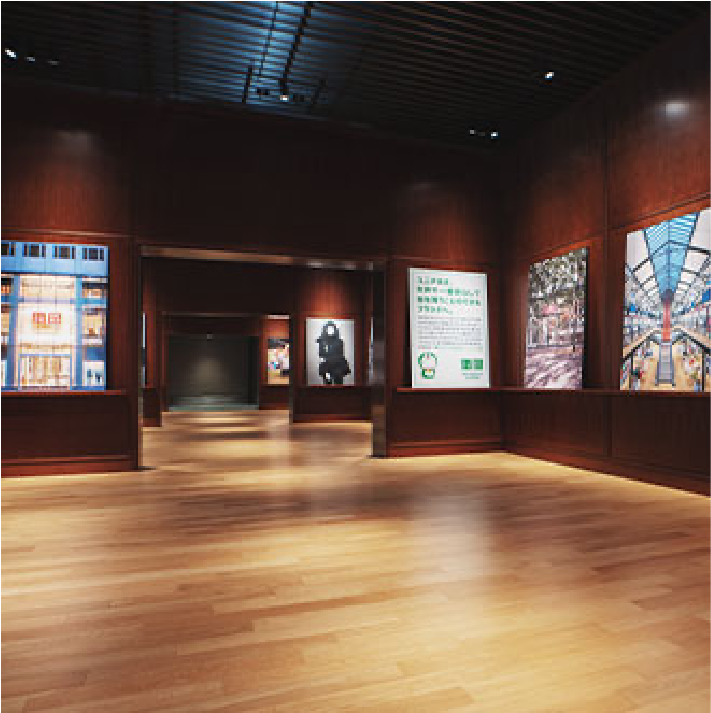
Promoting our Ariake Project
Reduce environmental impact by utilizing digital technology and integrating sustainability and business activities
We create products that are inspired by customer needs, analyzing abundant customer requests and insights gathered through our stores and our e-commerce operations worldwide. We have already developed and delivered several highly-functional ranges including AIRism, Ultra Light Down, and HEATTECH.
We are also focusing on developing products using new technologies and recycled raw materials. These include our Blue Cycle Jeans made using innovative technology to reduce water usage during the finishing process, fleece and polo shirts that use recycled polyester made from recycled plastic bottles, and recycled down jackets that use only down recovered from used products, which is restored to as-new condition for new products.
By taking our Ariake Project to an even higher level, we hope to make, transport, and sell only the clothes that customers truly want, thereby increasing customer satisfaction and mitigating our environmental impact.
Promoting RE.UNIQLO
Promoting RE.UNIQLO
Aim to reduce environmental impact through efficient resource use
UNIQLO launched its RE.UNIQLO initiative that encourages customer participation in recovering clothes that they no longer need and giving them new value and a new lease of life. In addition to the clothing support that we have provided for refugees and internally displaced persons through our All-Product Recycling Campaign since 2006 (REUSE), we also encourage recycling efforts that help transform used clothes into new items of clothing or materials (RECYCLE). We leverage these initiatives to help reduce excess waste, GHG emissions, and resource use throughout the product life cycle (REDUCE). Now, RE.UNIQLO STUDIO booths in UNIQLO stores offer customized REPAIR and REMAKE services so that customers can wear their favorite clothes for longer.
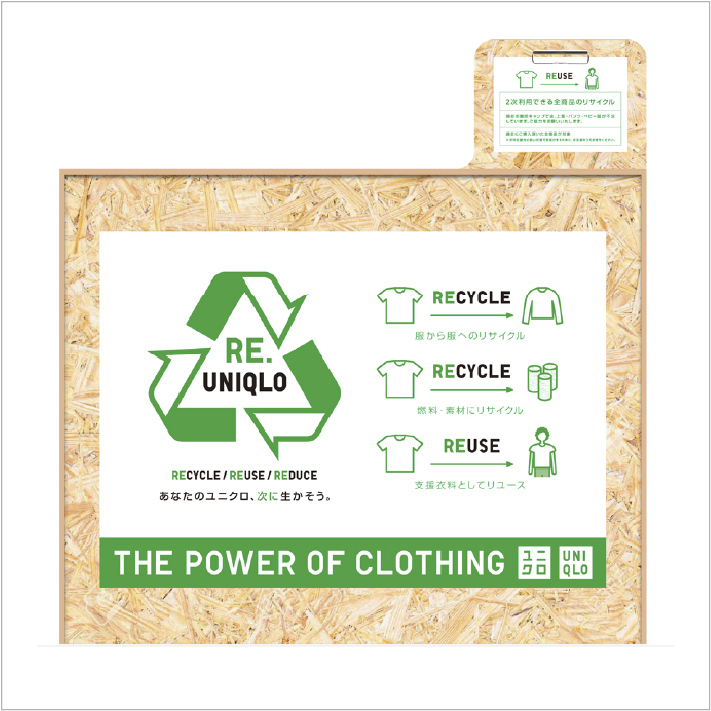
Aim to reduce environmental impact through efficient resource use
UNIQLO launched its RE.UNIQLO initiative that encourages customer participation in recovering clothes that they no longer need and giving them new value and a new lease of life. In addition to the clothing support that we have provided for refugees and internally displaced persons through our All-Product Recycling Campaign since 2006 (REUSE), we also encourage recycling efforts that help transform used clothes into new items of clothing or materials (RECYCLE). We leverage these initiatives to help reduce excess waste, GHG emissions, and resource use throughout the product life cycle (REDUCE). Now, RE.UNIQLO STUDIO booths in UNIQLO stores offer customized REPAIR and REMAKE services so that customers can wear their favorite clothes for longer.
Most Viewed Contents
-
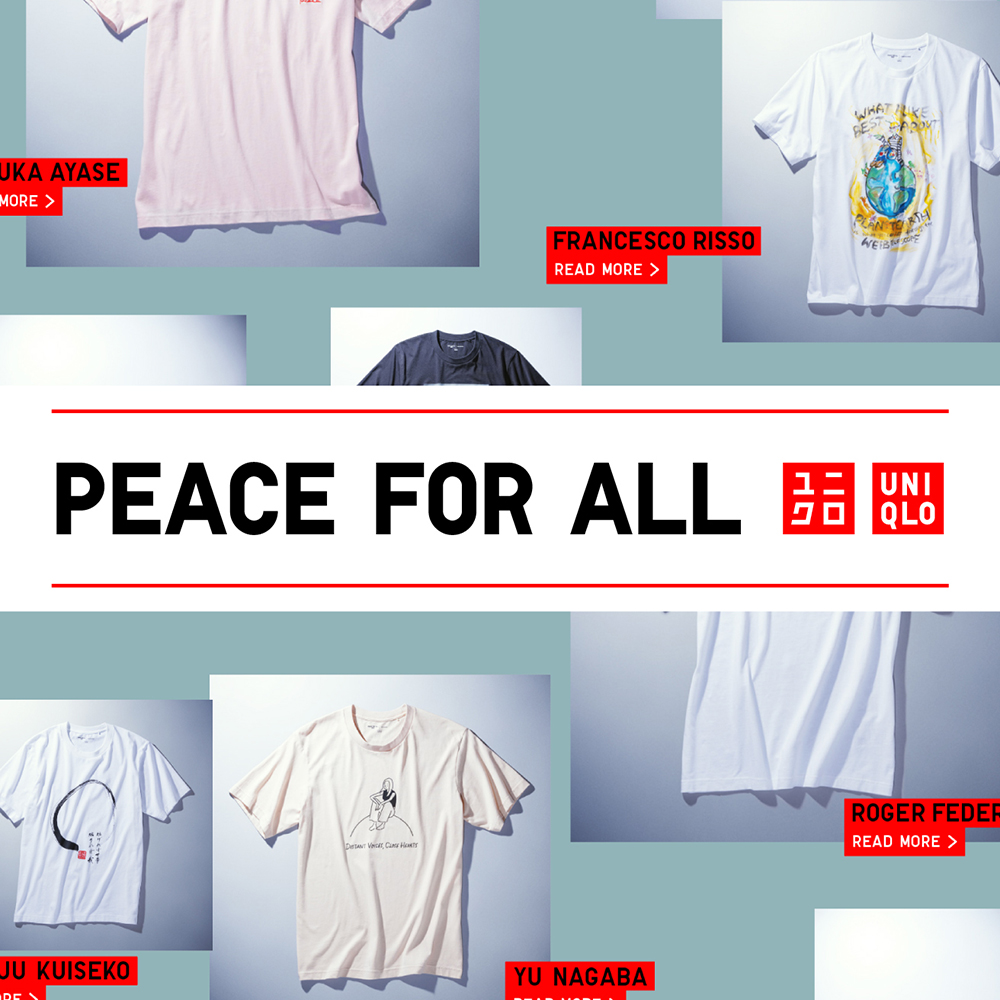
PEACE FOR ALL
A SINGLE T-SHIRT HAS THE POWER TO SPREAD PEACE. “It’s time for action, in the name of world peace.” Major figures who share this vision with...
Read More
-
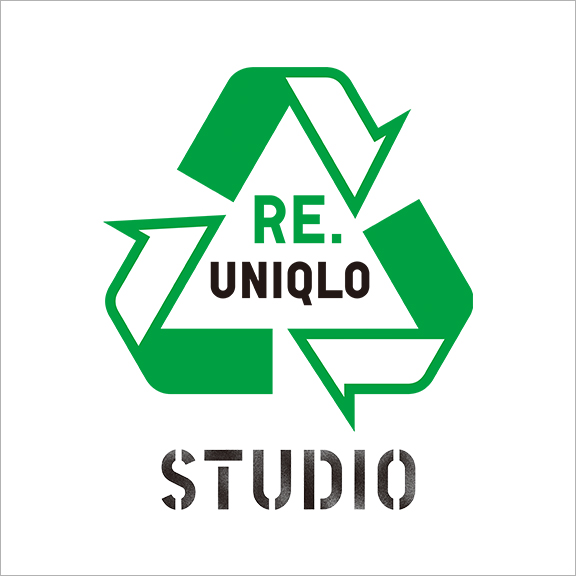
RE.UNIQLO STUDIO
Your UNIQLO clothes have a long life ahead of them. We're creating something positive for the future by keeping UNIQLO items in circulation....
Read More
-
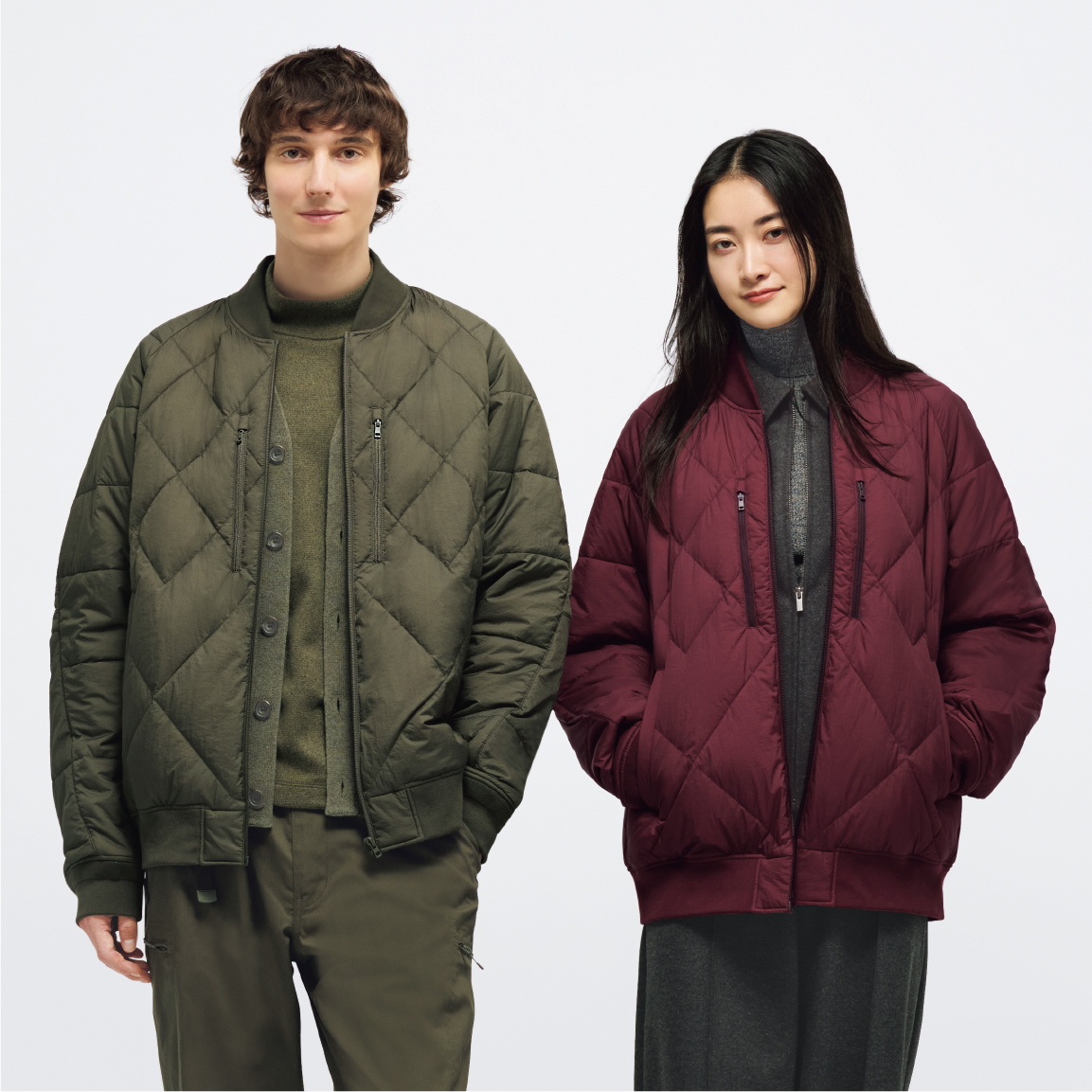
UNIQLO DOWN RECYCLE
Recycling clothes into clothes, UNIQLO’s latest challenge that opens up new links between people, clothing, and the global environment. We are...
Read More
-
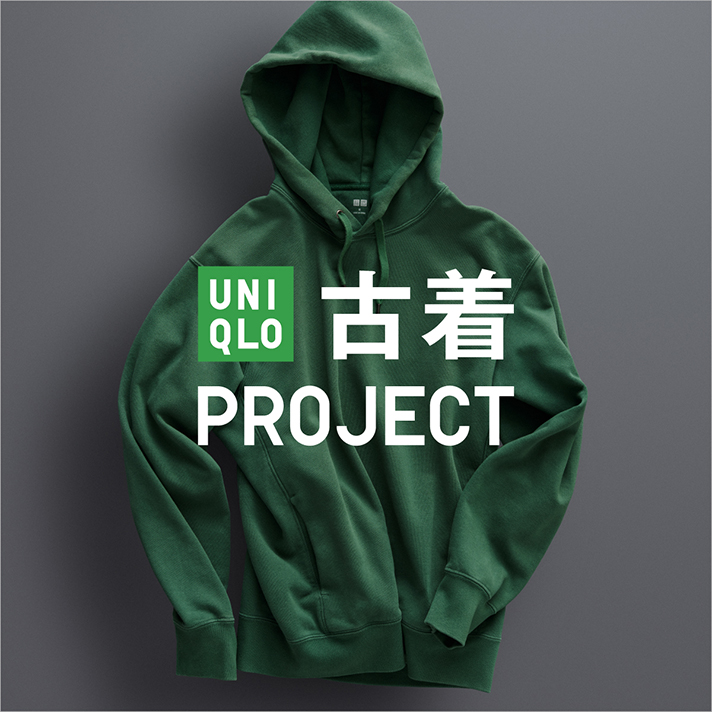
UNIQLO PRE-OWNED CLOTHES PROJECT by RE.UNIQLO
Once you’ve made the most of your clothes, it’s time to recycle. RE.UNIQLO is working towards a circular society by selling pre-owned clothes.....
Read More
Recommended Contents
-

RE.UNIQLO
Can your old clothing improve the future? Yes! At UNIQLO, we recycle your used garments through our circular sustainability programs. Take our recycled down ini...
Read More
-
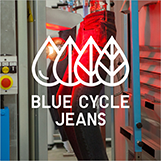
BLUE CYCLE JEANS
At UNIQLO, we are creating jeans that respect the future of our planet. Jeans born from cutting-edge technology,developed in our Los Angeles-based Jeans innovat...
Read More
-
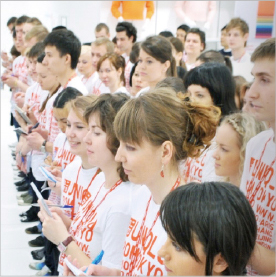
GENDER
All women should be able to pursue their dreams and forge a new tomorrow. We want to see women enjoy infinite possibilities. Believe in a world that enables wom...
Read More
-

PREPARING CLOTHES FOR AN EMERGENCY DISASTER
UNIQLO has aided disaster victims around the world over the past 20 years. It has learned in the process that few people prepare clothing kits for such emergencies...
Read More
Newest Contents
-

PEACE FOR ALL
A SINGLE T-SHIRT HAS THE POWER TO SPREAD PEACE. “It’s time for action, in the name of world peace.” Major figures who share this vision with...
Read More
-

CLOTHING MADE FROM RECYCLED MATERIAL
Our ability to recycle materials is growing as recycling technology evolves. New...
Read More
-

RE.UNIQLO STUDIO
Your UNIQLO clothes have a long life ahead of them. We're creating something positive for the future by keeping UNIQLO items in circulation....
Read More
-

COMMITMENT TO REDUCING SINGLE-USE PLASTIC
Around 8 million metric tons of plastic debris enters the oceans every year. Around 80% of that debris comes from towns and cities, so it is important....
Read More


